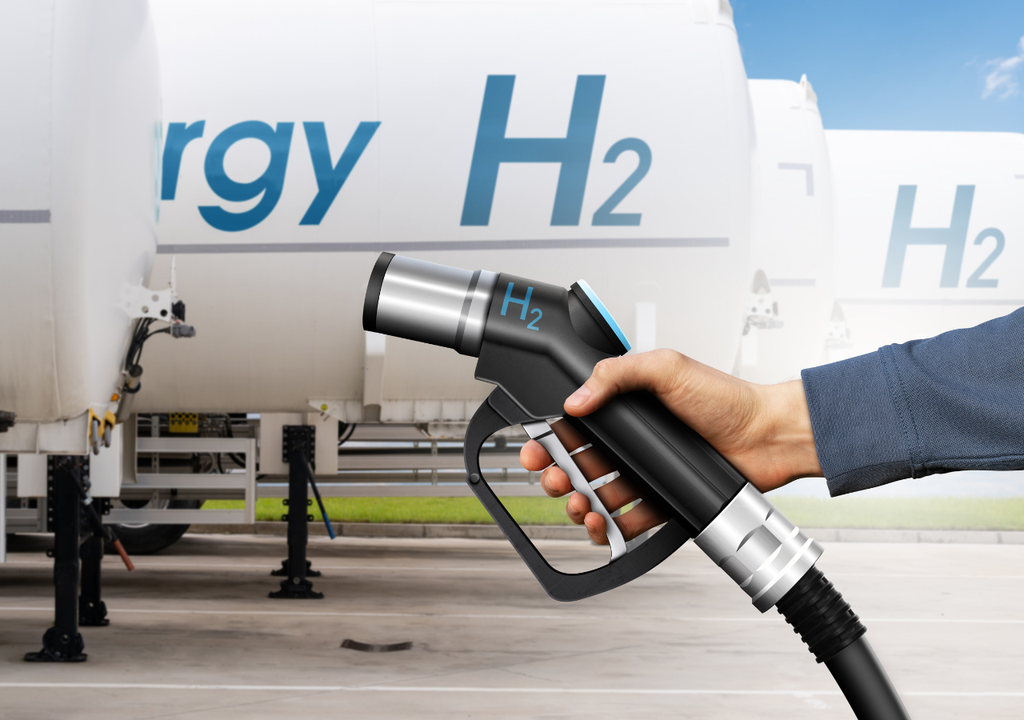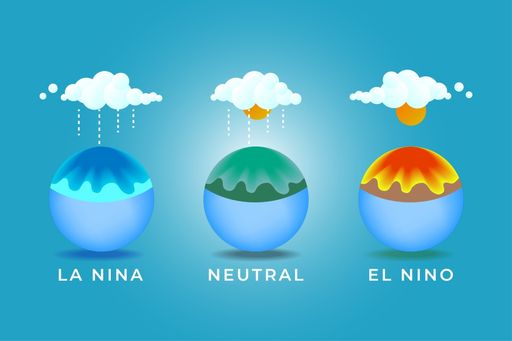The White Hydrogen Revolution: The Discovery That Could Change The World
A team of scientists investigating the subsoil of northeastern France in search of fossil fuels made a surprising discovery that could have a significant impact on the fight against climate change.

Two French scientists looking for fossil fuels in the subsoil of northeastern France have made a discovery that could have a great impact on the fight against climate change.
Jacques Pironon and Phillipe De Donato, both research directors of the National Center for Scientific Research of France, used a specialized probe to analyze the gases dissolved in water from rock formations at great depth in the Lorraine mining basin.
During their research, they found increasing concentrations of hydrogen, which indicates the presence of a large reserve of this element. According to his estimates, this reservoir could contain between 6 and 250 million metric tons of hydrogen, becoming one of the largest deposits of "white hydrogen" ever discovered.
In an interview with CNN, Pironon said: "This was not a real surprise for us. It is common to find small amounts near the surface of a well. But as the investigation became deeper, the concentration increased. At 1100 meters deep it was 14%, at 1250 meters it was 20%."
White hydrogen as a clean energy source
White hydrogen, also known as natural or geological hydrogen, is a very promising source of clean energy. Unlike other fuels, hydrogen only produces water when burned, which makes it attractive for industries that require a large amount of energy, such as aviation, maritime transport and steelmaking.
1️Scientists discover potentially one of the largest deposits of "white hydrogen" ever found, estimated to contain between 6 million and 250 million metric tons, offering hope for clean energy solutions.
— ????? ??????? (@moodymercuryy) October 29, 2023
2️White hydrogen, which produces only water when burned, is highly sought pic.twitter.com/P95yrznaVV
However, currently the production of commercial hydrogen is carried out through processes that consume a lot of energy and depend heavily on fossil fuels.
The discovery of this white hydrogen deposit has aroused great interest in the scientific community and in the industry. Although there are still technical and economic challenges for its large-scale exploitation, it is considered a potentially abundant and clean source of combustion energy.
Emerging companies in different parts of the world are investigating and drilling for white hydrogen deposits. If even a small percentage of these reserves can be found and produced, a significant amount of hydrogen could be provided for decades.
Despite the challenges that still have to be overcome, scientists and companies are optimistic about the future of white hydrogen as a clean and sustainable energy source. It is expected that in the coming years progress will be made in the commercialization of this technology, which could have a positive impact on the transition to a low-carbon economy.




